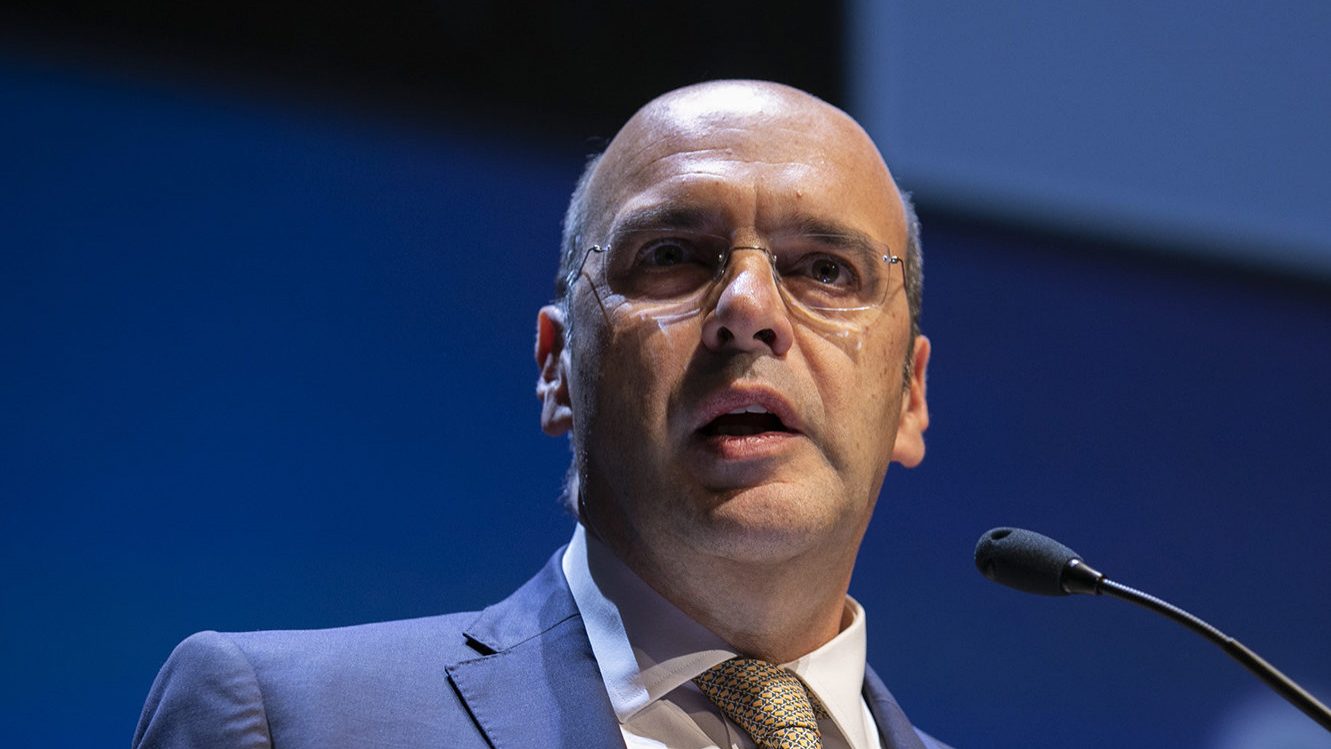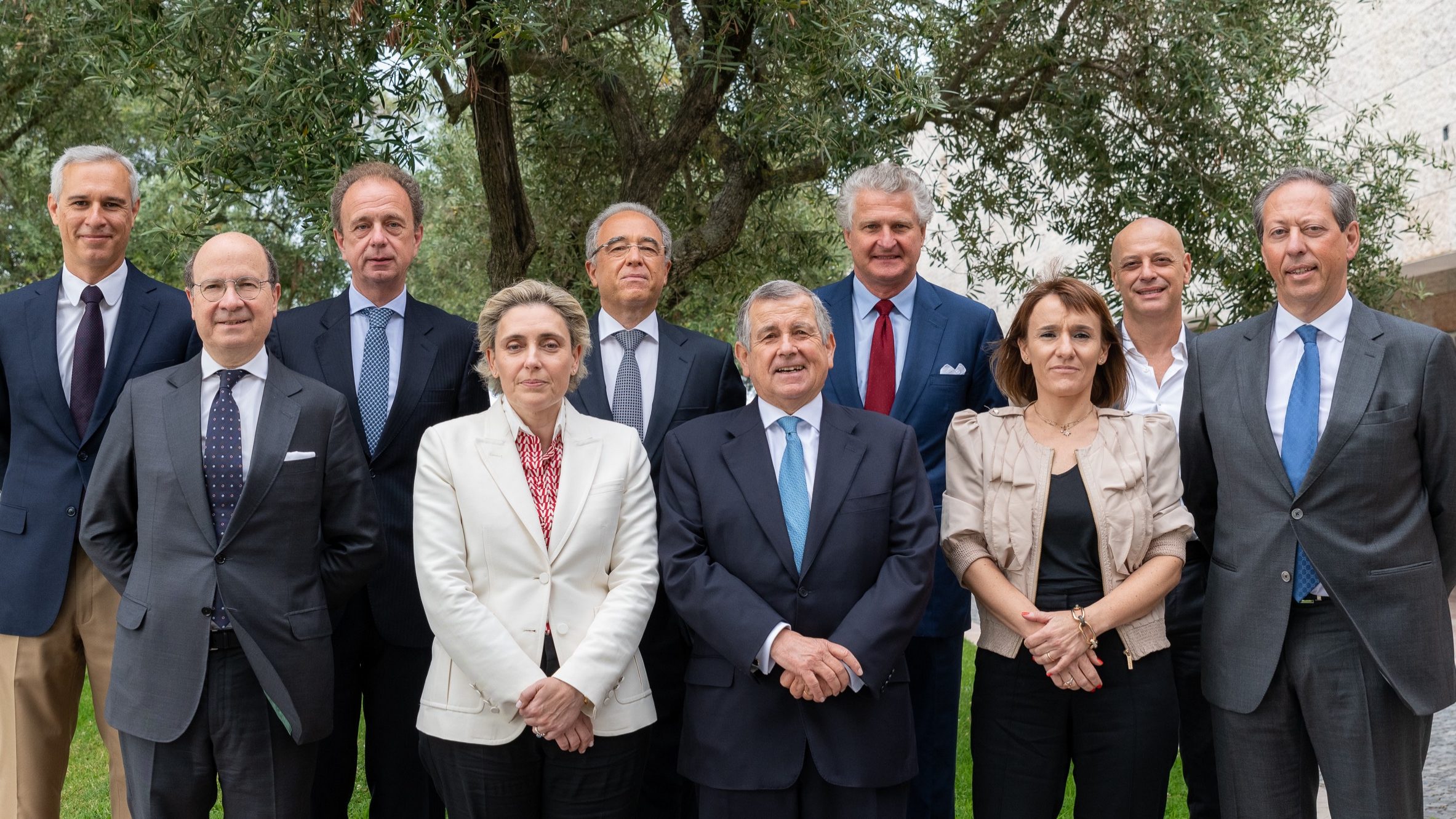State proposes law to control fuel marketing margins
The aim is that when there is a drop in oil prices, "it is felt and appropriated by consumers instead of appropriated by the trading margins," says the environment minister.
The government will propose on Wednesday a decree-law that allows it to act on the margins of marketing of fuels, to avoid ” questionable increases ” and so that the fall in prices is felt by consumers, announced the Minister of Environment.
“The area of Environment and Climate Action will propose, later today, a decree-law that allows the government to act on the margins of marketing of fuels, so that the fuel market reflects its true costs,” announced the Minister of Environment, João Pedro Matos Fernandes, in Parliament.
According to the minister, the aim is that, whenever there is a decrease in raw material prices, “it is felt and appropriated by consumers instead of appropriated by the trading margins, also avoiding sudden and, potentially, unjustified increases”.
“The price of carbon dioxide emission licences reflects the need to change to a low-carbon paradigm, with which we agree. Therefore, it is up to us, through regulatory grounds, to intervene in the trading margins that, if not abusive, at least reflect a dubious growth,” said the Environment Minister.
For the government, the growth of margins is “doubtful”, “because crude oil price decreases are not reflected in retail prices, as opposed to the speed felt by all when prices rise” and, in this sense, it is up to the government to “act in the short term to correct a market where there are agents that take advantage of price fluctuations to unjustifiably increase their margins.
According to a study by the National Entity for the Energy Sector (ENSE) released today, the margin of the suppliers, at the end of June, was 36.6% higher in petrol and 5% higher in diesel than the average margin practised in 2019.
Citing the study “Analysis of the Evolution of Fuel Prices in Portugal,” the entity that oversees the fuel sector concludes that, “during the critical months of the pandemic, average retail prices fell at a clearly lower rate than the decline in reference prices,” which means that “retailers’ margins thus reached, in 2020, maximums of the period under analysis.”
In turn, APETRO – the Portuguese Association of Oil Companies – has been attributing the current level of fuel prices, higher than 2008, even though the price of oil is lower, to the incorporation of biofuels and the high tax burden.
Matos Fernandes explained that the government could not yet intervene in the price of fuel at the refineries, which is determined by the world market, but noted that over the last two years the tax burden had been maintained.


